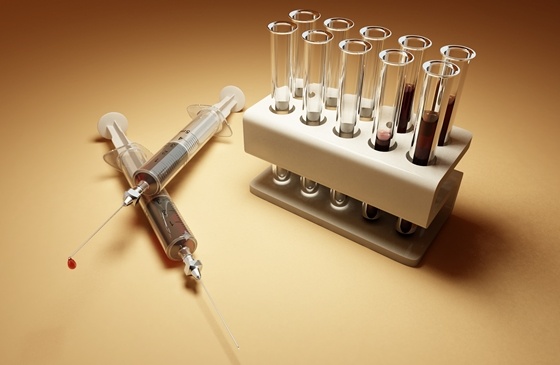
26-year-old Crystal Day became concerned about her health when she experienced some fatigue and nose bleeds. However, it wasn’t until she struggled to walk to her front door that she was taken to the emergency department. Doctors diagnosed her with acute myeloid leukaemia, a particularly dangerous form of cancer.
Crystal was quickly placed on a chemotherapy regiment which put the cancer into remission. However, her doctors were cautious, suggesting that her body might be harbouring more cancer cells deep in her bone marrow.
It wasn’t until three years later that her cancer resurfaced. Crystal’s oncologist told her that her only option was aggressive chemotherapy and a cord blood transplant. The chemotherapy would kill the cancer cells and the cord blood transplant would allow her body to start generating healthy blood cells again.
The treatment worked, ridding Crystal’s body of cancer. She has been cancer free since the treatment, more than 2 years ago.
A new study published in The New England Journal of Medicine suggests that Crystal’s long-term remission may be due to the fact she received a cord blood transplant instead of a bone marrow transplant.
Researchers from the Fred Hutchinson Cancer Research Center looked at the outcomes of 582 patients who received stem cell transplants at their facility between 2006 and 2014. They found that patients who received cord blood stem cells had a lower risk of remission.
Cord blood stem cells also performed better than bone marrow stem cells when used to treat leukaemia and myelodysplastic syndrome, a condition that affects the body ability to produce healthy blood cells.
The findings are very exciting for researchers and may help promote the use of cord blood stem cells instead of bone marrow stem cells.
{{cta(‘010124f3-c9bc-4a23-b9fc-74953e6288c9’)}}


